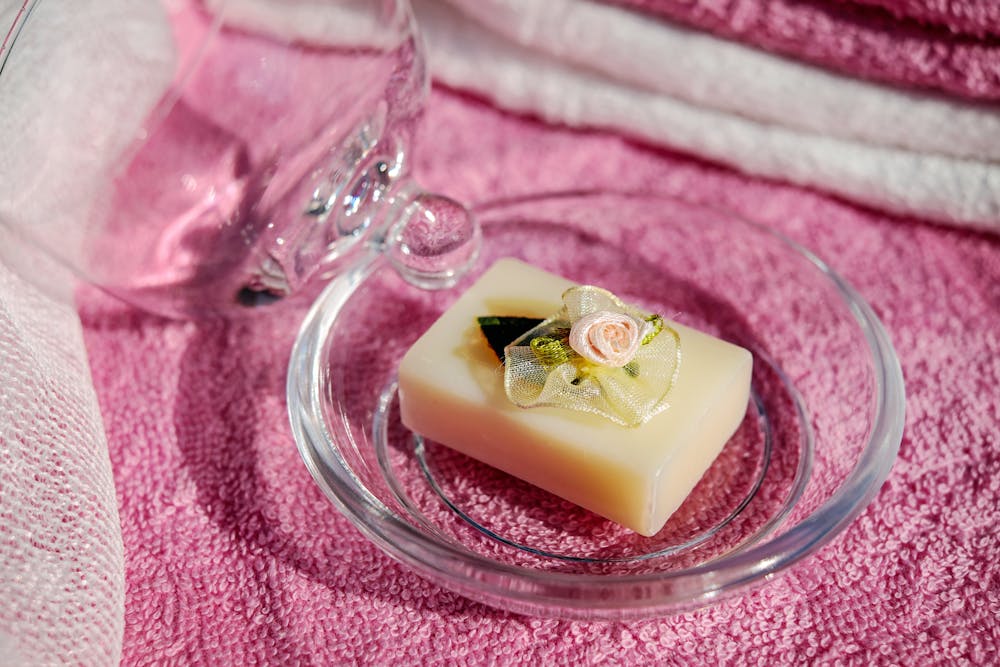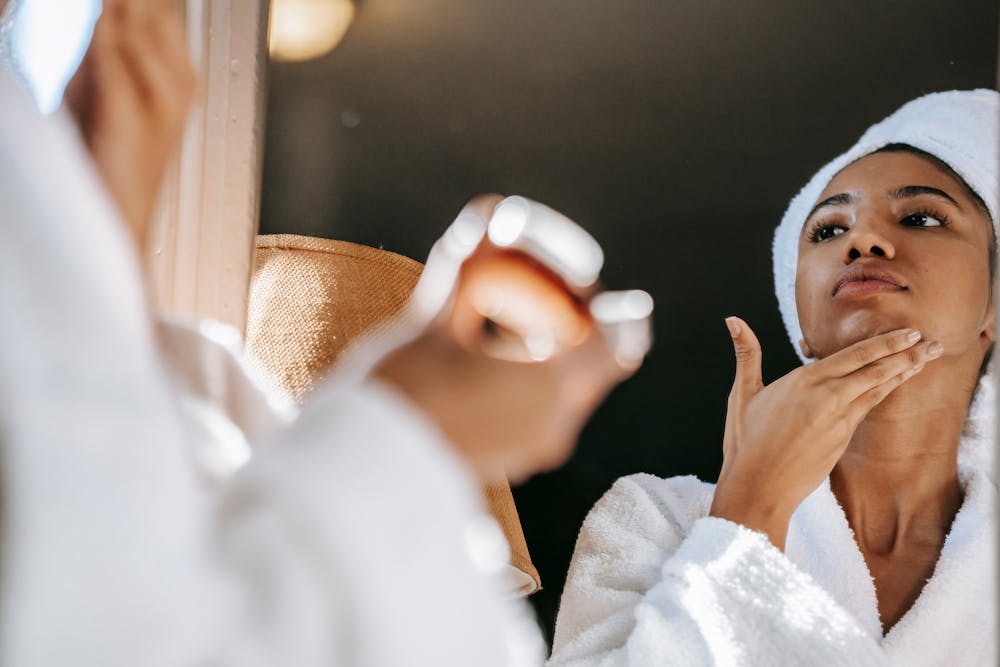As I embark on the journey of prioritizing my health and well-being, I find myself increasingly drawn to the importance of sleep hygiene. Sleep hygiene refers to a set of practices and habits that promote quality sleep and overall wellness. In today’s fast-paced world, where demands and distractions abound, cultivating good sleep hygiene is essential for maintaining optimal physical, mental, and emotional health. Let’s explore why prioritizing sleep hygiene is crucial for our well-being.
 First and foremost, quality sleep is essential for the body’s ability to rest, repair, and rejuvenate. During sleep, the body undergoes a variety of essential processes, including tissue repair, muscle growth, immune system regulation, and hormone production. Adequate sleep is necessary for cognitive function, memory consolidation, and emotional regulation, allowing us to perform optimally in our daily tasks and activities.
First and foremost, quality sleep is essential for the body’s ability to rest, repair, and rejuvenate. During sleep, the body undergoes a variety of essential processes, including tissue repair, muscle growth, immune system regulation, and hormone production. Adequate sleep is necessary for cognitive function, memory consolidation, and emotional regulation, allowing us to perform optimally in our daily tasks and activities.
 Furthermore, sleep plays a vital role in regulating mood, stress levels, and mental health. Chronic sleep deprivation has been linked to an increased risk of depression, anxiety, and mood disorders. Sleep helps regulate the production of neurotransmitters like serotonin, dopamine, and norepinephrine, which play a key role in mood regulation, stress response, and emotional well-being. By prioritizing quality sleep, we can enhance our resilience to stress, improve our mood, and foster emotional balance and stability.
Furthermore, sleep plays a vital role in regulating mood, stress levels, and mental health. Chronic sleep deprivation has been linked to an increased risk of depression, anxiety, and mood disorders. Sleep helps regulate the production of neurotransmitters like serotonin, dopamine, and norepinephrine, which play a key role in mood regulation, stress response, and emotional well-being. By prioritizing quality sleep, we can enhance our resilience to stress, improve our mood, and foster emotional balance and stability.
 In addition to its impact on physical and mental health, sleep also plays a crucial role in maintaining optimal immune function. During sleep, the body produces cytokines, proteins that help regulate immune responses and protect against infections and illness. Chronic sleep deprivation can weaken the immune system, making us more susceptible to infections, colds, and other illnesses. By prioritizing sleep hygiene and getting adequate rest, we can support our body’s natural defenses and promote overall immune health.
In addition to its impact on physical and mental health, sleep also plays a crucial role in maintaining optimal immune function. During sleep, the body produces cytokines, proteins that help regulate immune responses and protect against infections and illness. Chronic sleep deprivation can weaken the immune system, making us more susceptible to infections, colds, and other illnesses. By prioritizing sleep hygiene and getting adequate rest, we can support our body’s natural defenses and promote overall immune health.
 So, what are some key practices and habits that promote good sleep hygiene? Here are a few strategies to consider:
So, what are some key practices and habits that promote good sleep hygiene? Here are a few strategies to consider:
 1. Establish a Consistent Sleep Schedule: Aim to go to bed and wake up at the same time every day, even on weekends. Consistency helps regulate your body’s internal clock and promotes better sleep quality and duration.
1. Establish a Consistent Sleep Schedule: Aim to go to bed and wake up at the same time every day, even on weekends. Consistency helps regulate your body’s internal clock and promotes better sleep quality and duration.
 2. Create a Relaxing Bedtime Routine: Develop a calming bedtime routine to signal to your body that it’s time to wind down and prepare for sleep. This may include activities like reading, taking a warm bath, practicing relaxation techniques, or listening to soothing music.
2. Create a Relaxing Bedtime Routine: Develop a calming bedtime routine to signal to your body that it’s time to wind down and prepare for sleep. This may include activities like reading, taking a warm bath, practicing relaxation techniques, or listening to soothing music.
 3. Create a Comfortable Sleep Environment: Make sure your bedroom is conducive to sleep by keeping it cool, dark, and quiet. Invest in a comfortable mattress, pillows, and bedding that support restful sleep. Consider using blackout curtains, white noise machines, or earplugs to minimize disruptions.
3. Create a Comfortable Sleep Environment: Make sure your bedroom is conducive to sleep by keeping it cool, dark, and quiet. Invest in a comfortable mattress, pillows, and bedding that support restful sleep. Consider using blackout curtains, white noise machines, or earplugs to minimize disruptions.
 4. Limit Exposure to Screens Before Bed: Reduce exposure to electronic devices like smartphones, tablets, computers, and televisions before bedtime, as the blue light emitted by these devices can interfere with the body’s production of melatonin, a hormone that regulates sleep-wake cycles.
4. Limit Exposure to Screens Before Bed: Reduce exposure to electronic devices like smartphones, tablets, computers, and televisions before bedtime, as the blue light emitted by these devices can interfere with the body’s production of melatonin, a hormone that regulates sleep-wake cycles.
 5. Be Mindful of Caffeine and Stimulants: Limit consumption of caffeine and stimulants, especially in the afternoon and evening, as they can disrupt sleep patterns and make it difficult to fall asleep or stay asleep.
5. Be Mindful of Caffeine and Stimulants: Limit consumption of caffeine and stimulants, especially in the afternoon and evening, as they can disrupt sleep patterns and make it difficult to fall asleep or stay asleep.
 6. Engage in Regular Physical Activity: Incorporate regular physical activity into your daily routine, as exercise can promote better sleep quality and duration. Aim for at least 30 minutes of moderate-intensity exercise most days of the week, but avoid vigorous exercise close to bedtime, as it may interfere with sleep.
6. Engage in Regular Physical Activity: Incorporate regular physical activity into your daily routine, as exercise can promote better sleep quality and duration. Aim for at least 30 minutes of moderate-intensity exercise most days of the week, but avoid vigorous exercise close to bedtime, as it may interfere with sleep.
 In conclusion, prioritizing sleep hygiene is essential for maintaining optimal health and wellness. By adopting healthy sleep habits and making sleep a priority in our daily lives, we can enhance our physical, mental, and emotional well-being, improve our mood and cognitive function, and strengthen our immune system. Let’s embrace the importance of sleep hygiene and commit to giving our bodies and minds the rest they need to thrive.
In conclusion, prioritizing sleep hygiene is essential for maintaining optimal health and wellness. By adopting healthy sleep habits and making sleep a priority in our daily lives, we can enhance our physical, mental, and emotional well-being, improve our mood and cognitive function, and strengthen our immune system. Let’s embrace the importance of sleep hygiene and commit to giving our bodies and minds the rest they need to thrive.




